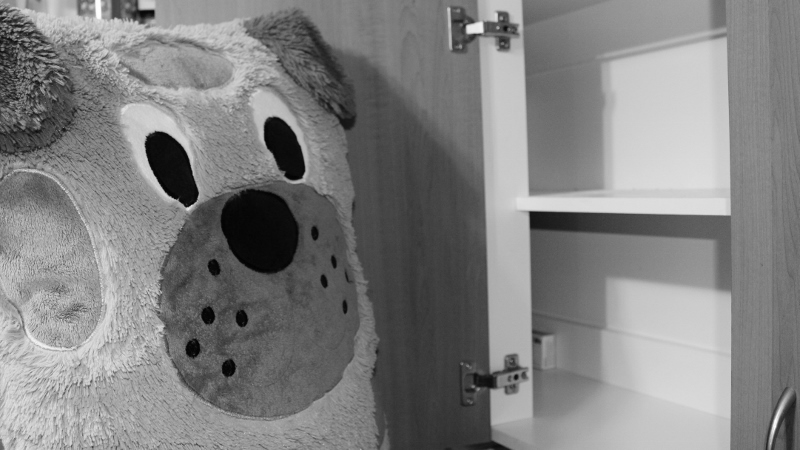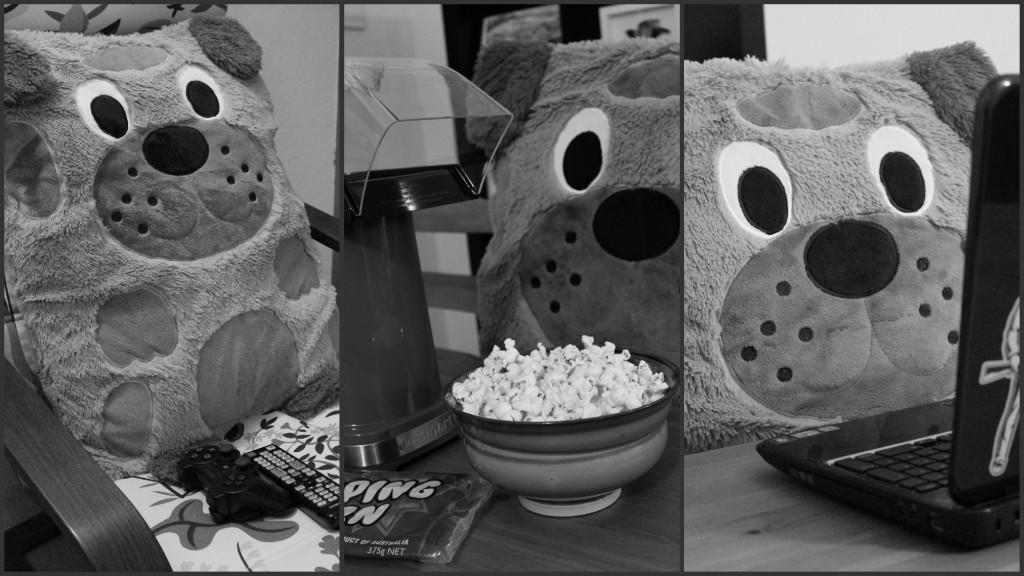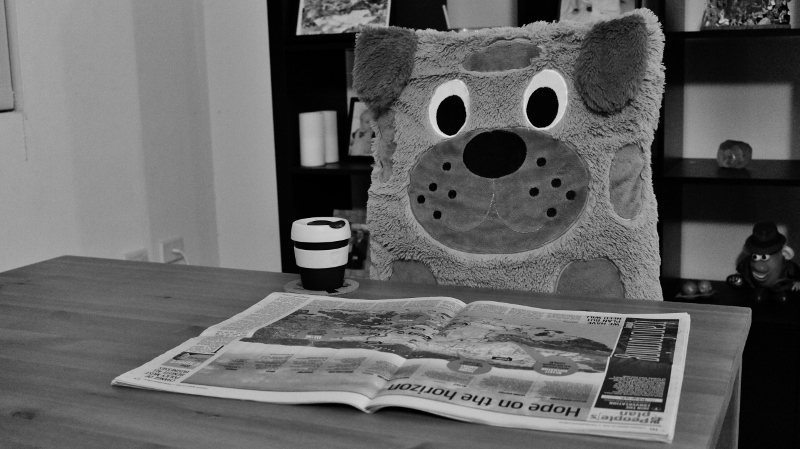Questions often asked of me by people who frequent ToVa include: How do I find the time? How do I maintain the energy? How can I be so organized?
Confession: it’s not as easy as I try to make it look.
I started taking personal development seriously nearly three years ago. I’ve always chased opportunities to learn so when I say I began to take it seriously I mean that I began to pursue development with intention and purpose. It was the difference, I guess, between aimlessly surfing Wikipedia and actually chasing down intellectual resources on topics I was interested in learning more about. It truly changed my life.
This “awakening” coincidentally (but fortunately) coincided with the commencement of my graduate studies and for two and a half years these two segments of my life complemented each other in tremendously satisfying ways. I concluded my studies in early June this year and launched ToVa about a month later. I planned six months of Monday / Wednesday / Friday posts and got to work.
For the first two months this went swimmingly. I was having fun, I was learning new things and a few of my friends were coming along for the ride. Unfortunately, this didn’t last.
There were no posts last week and in the two weeks prior to that there were no Friday link posts. I had fallen behind and I began to let the Friday posts go so I could spend that time getting Monday and Wednesday posts caught up.
Last week was meant to be a week about sleep: sleeping better, leading to better health and improved focus on our goals. Ironically, my own sleep was suffering at the same time as the hours that I work at my day job shifted from day to night (meaning I finish work between midnight and 1:00 AM). I began to feel hypocritical and the voices that always ask me “how do you do it?” rang in my head, growing louder and more accusatory in tone. I felt like a fraud.
So I’m coming clean.
People… I got lazy. I stopped nurturing my systems and they atrophied and died.
The insights that I share on this blog are the ones that make the most sense to me. The methods I describe are not always the methods that I use; the suggestions are not always ones that I employ in my own life. There is truly no one size fits all solution to enhanced productivity or relentless high achievement, there are only things worth trying.
Even the very best of us – and, for the record, I do not count myself among the best – do not knock it out of the park on every swing. The important thing (and pardon the well-tread cliché here) is that we keep swinging; that we find better ways to swing or different attitudes to bring to the plate.
While I have fallen behind on the blog I have also fallen behind on my novel. Both are passion projects for me and – having completed my studies – I have plenty of time to work on both. I have woken up every day over the past three weeks with a goal to write and most days I went to sleep (too late) having written nothing.
What happened?
Even our passion projects can come to feel like work. Mix in a day job (with irregular hours), a relationship, planning for a wedding, a broken camera, etc. and you begin to justify taking time off here and there to unwind. That is, you make excuses and convince yourself they’re good ones.
I’m not even saying it’s not okay to take a break. What I am saying is that your passion projects will not complete themselves. Eventually you will need to get back to work.
We all fall off the horse sometimes.
Only the best of us – and that can include you and me – possess the strength of character to climb back on and continue riding.
So I’m doubling down and inviting you to do so with me. I’m working on my blog and my novel every day – what are you working on?





